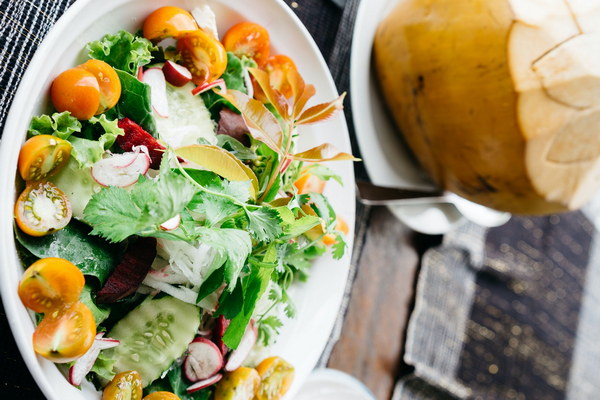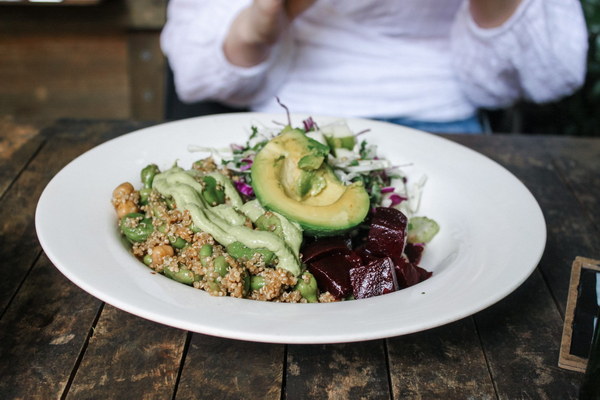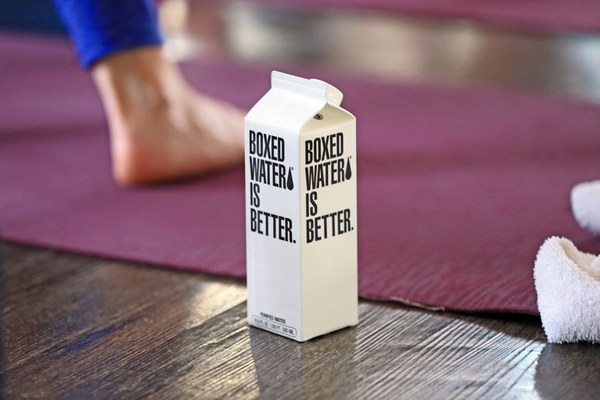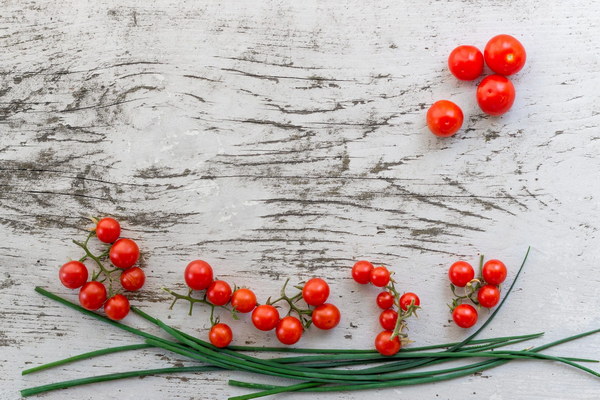Painful Periods How to Nurture Yourself for a Healthier Menstrual Cycle
Introduction:
Menstrual cramps, also known as dysmenorrhea, can be a real pain in the abdomen. For many women, the menstrual period is accompanied by excruciating pain and discomfort, which can affect their daily activities and overall well-being. However, there are several ways to nurture yourself during this time and alleviate the symptoms of menstrual cramps. In this article, we will discuss some effective tips on how to take care of yourself and manage pain during your menstrual cycle.
1. Maintain a Healthy Diet:
A balanced diet can help alleviate menstrual cramps. Incorporate the following foods into your meals:
- Omega-3 fatty acids: Found in fish, flaxseeds, and walnuts, omega-3 fatty acids can help reduce inflammation and alleviate pain.
- Magnesium-rich foods: Almonds, cashews, spinach, and bananas are excellent sources of magnesium, which can help relax the muscles in your uterus and reduce cramps.
- Vitamin B6: Foods like chicken, fish, and potatoes contain vitamin B6, which can help regulate prostaglandins, the hormone-like substances responsible for menstrual cramps.
- Calcium: Dairy products, leafy greens, and fortified cereals are good sources of calcium, which can help reduce muscle spasms and cramps.
2. Stay Hydrated:
Drinking plenty of water is essential during your menstrual cycle. It can help prevent bloating and cramping by flushing out excess sodium and toxins from your body.
3. Exercise Regularly:
Engaging in regular physical activity can help alleviate menstrual cramps by releasing endorphins, which are natural painkillers. Activities such as yoga, walking, and cycling can be particularly beneficial.
4. Apply Heat Therapy:
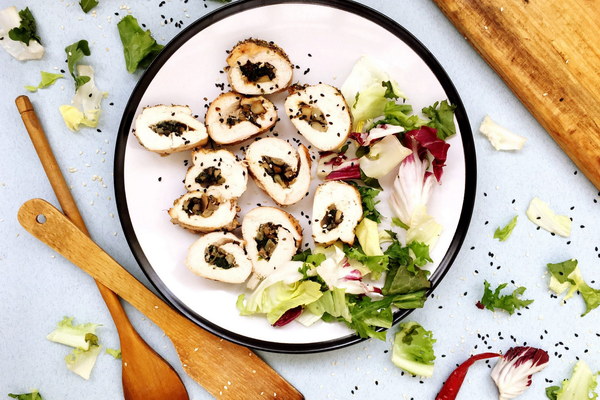
Heat therapy can help relax the muscles in your uterus and reduce cramping. You can use a heating pad, warm bath, or a warm towel to apply heat to your lower abdomen.
5. Get Adequate Sleep:
Sleep plays a crucial role in your overall health, especially during your menstrual cycle. Ensure you get enough restful sleep to help your body recover and reduce pain.
6. Manage Stress:
Stress can exacerbate menstrual cramps. Find ways to manage stress, such as practicing mindfulness, meditation, or deep breathing exercises.
7. Avoid Caffeine and Alcohol:
Caffeine and alcohol can worsen menstrual cramps and bloating. Limit your intake or avoid them altogether during your menstrual cycle.
8. Consider Supplements:
Supplements such as chasteberry, evening primrose oil, and vitamin E may help alleviate menstrual cramps. Consult with a healthcare professional before starting any new supplement regimen.
9. Seek Professional Help:
If your menstrual cramps are severe or interfere with your daily activities, it is essential to seek medical advice. Your healthcare provider can help determine the cause of your cramps and recommend appropriate treatment options.
Conclusion:
Painful periods can be a challenging experience for many women. By following these tips, you can nurture yourself and manage menstrual cramps more effectively. Remember that taking care of your body during this time is crucial for your overall well-being. If your cramps persist or worsen, don't hesitate to consult with a healthcare professional for further guidance.

